Sheryl from A Chronic Voice, as well as sharing her own stories and lessons with chronic illness. Sheryl is an excellent support to other bloggers and writers living with illness and chronic pain. One such way is through monthly link-up parties whereby bloggers and writers share their stories through given prompts. This month, I will be discussing the need to rest and the guilt that comes with needing to do so.
Balancing The Need to Rest And The Guilt For Needing To Do So
When living with a chronic illness, we do so in an attempt to balance our own set of balancing scales. And every day, we are faced with choices; choices that will inevitably tip the balance in favour of either ourselves or to the chronic illness itself. Every decision, every activity, every chore, and errand is strategically planned in the endeavor to stave off a flare. And to keep the scales tipped in our favour.
"When living with a chronic illness, we do so in an attempt to balance our own set of scales. Every day, we are faced with choices; choices that will tip the balance in favour of either ourselves or to the chronic illness itself." Click To TweetParticipating in self-care, and adopting strategic pacing techniques plays an essential part in ensuring the scales remain balanced. The problem, however, that although chronic illness plays a significant role in our lives, it is not the only part. Life does not stop or pause when during a flare; life goes on, and still, we have responsibilities that we need to satiate.
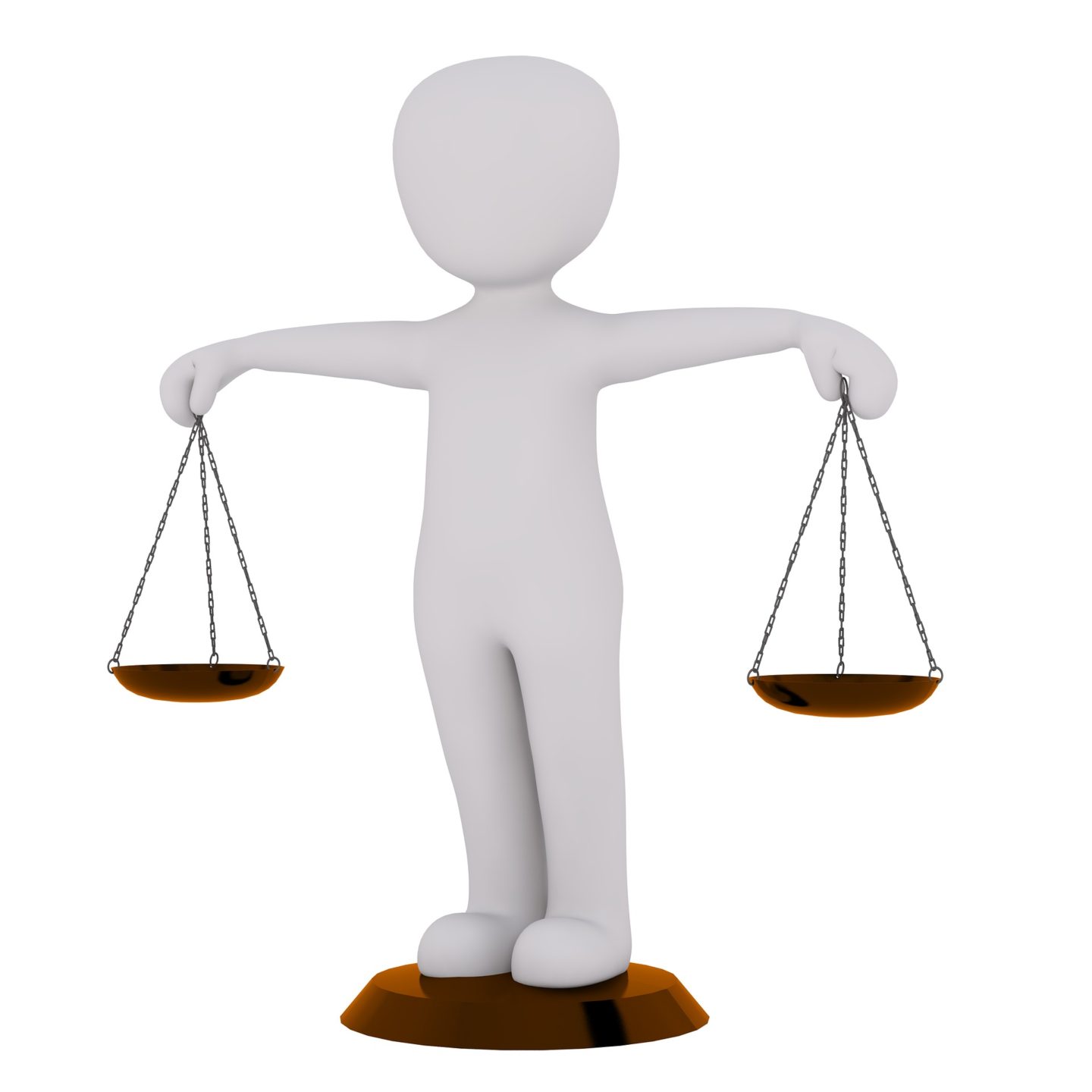
Justifying Taking The Time For Rest
As such, it can be difficult justifying taking time to rest when there is so much that needs our time and attention. How can we justify the time for rest and recuperation when chores and errands require attention?
Often we feel that the severity of pain and the never-ending presence of other symptoms are enough justification for slowing down. For lounging around and taking it easy while attempting to wrangle and maintain control over seemingly uncontrollable symptoms. But as these quiet and sedentary days stretch on, as well as the current flare, a surge of guilt begins to rise.
"As the quiet and sedentary days stretch on, as well as the current flare, a surge of guilt begins to rise when needing to rest and take things easy." Click To TweetAlthough taking the time for recuperation against the backdrop of a flare is essential to our health and well-being, the overwhelming guilt and recriminations still make it difficult to justify the need to ourselves when there are so many demands for our time and attention.
"The overwhelming guilt and recriminations still make it difficult to justify the need to ourselves when there are so many demands for our time and attention." Click To TweetThe Starting Symptoms Which Precede A Flare
There is a tendency to push through to complete errands regardless when symptoms start to become out of control. To stubbornly ignore the start of an oncoming flare and do more than our body can handle. But, doing so, however, only worsens these ‘starting‘ symptoms and thus exacerbates the approaching flare.
We should begin starting, to see these increased symptoms as warning signs. And to start to listen to what our body is telling us. To attend and rest or participate in self-care activities when we are in need to do so.
"We should begin starting to see these increased symptoms as warning signs. And to start to listen to what our body is telling us." Click To TweetIllness And Pain: A Brutal Teacher
But how do we learn the subtle signals our bodies are telling us? Experience. As C.S. Lewis once wrote, “Experience: that most brutal of teachers. But you learn, my God do you learn.” And there is no more a brutal teacher than pain and illness.
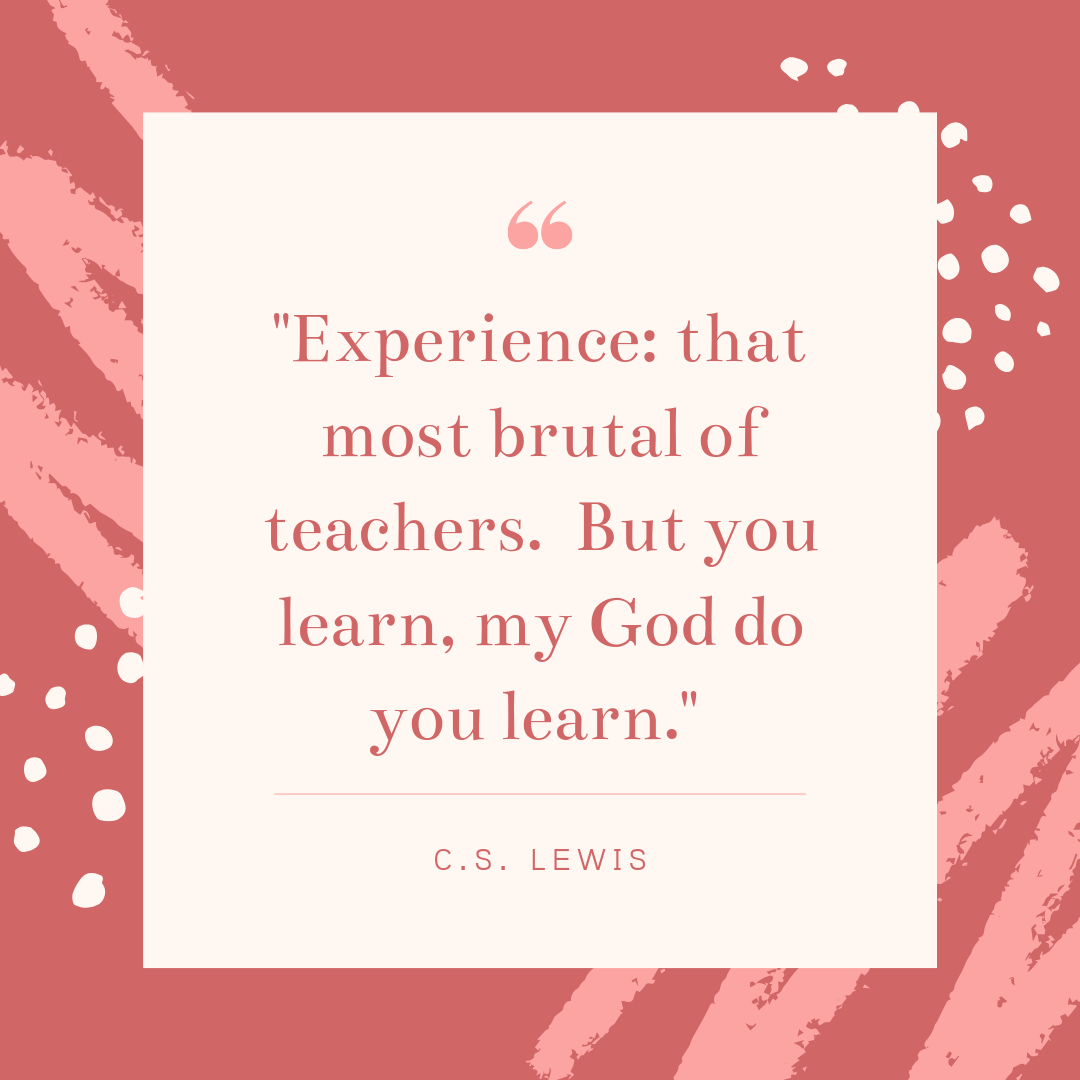
As much as experiencing a flare is horrendous, each one can teach us about living with chronic illness. The experience of each flare enables us to analyse the symptoms and sensations that precede an attack allows us to learn when we need to stop and rest. And as such, when resting when needed, we can learn to lessen the impact of future exacerbations.
"The experience of each flare enables us to analyse the symptoms and sensations that precede an attack allows us to learn when we need to stop and rest." Click To TweetIt is not only the analysis of the signs and symptoms preceding an upcoming flare that can be useful. It can also be helpful analysing those behaviours and actions that help minimise the destructive impact they cause. For instance, having a relaxing, warm bath may help alleviate pain. Or watching a favourite film or TV show can help distract from the extremely bothersome symptoms that plague everyday life.
Analysing Pain and Symptoms And Concluding On How To Deal
Whatever it may be, by analysing the results of self-care behaviours, we can then determine what and what does not help when we are in a flare. Concluding, everything which does and does not help in reducing pain or the impact of other symptoms makes coping with such intense and debilitating flares more manageable. Furthermore, interpreting the signs and symptoms that precede a flare, we can use these to know when to rest in the future. It may not help stop a worsening, however, but doing so could help minimise the impact it would otherwise have had.

Experience and the ongoing analysis of the accompanying symptoms of chronic illness can also help us conclude when something is not right. After living with constant illness for so long, we become somewhat intimate with our body, and know when something more is going on and need medical intervention.
Planning On Moving Forward; Planning For Future Flares
And when we know that which helps us cope, both physically and emotional we can plan for the next flare. Planning enables us to prepare suitable contingency plans for when in need of rest and recuperation for our physical and emotional well-being. And it also allows the opportunity for planning a flare kit. A flare kit is one in which contains the essentials that help calm and please. Comforting items that help you to cope during a time of suffering.
"Planning enables us to prepare suitable contingency plans for when in need of rest and recuperation for our physical and emotional well-being." Click To TweetAfter experiencing numerous flares over the years, I have learned the importance of planning rest. And planning for the next eventual flare. Because the only certainty when living with a chronic illness is that there will be another.
"I have learned the importance of planning rest and planning for the next eventual flare. Because the only certainty when living with a chronic illness is that there will be another." Click To TweetAnd we must also learn to let go of the guilt when in need of resting. Chores and errands can always wait, but looking after our health and well-being should always be our priority.


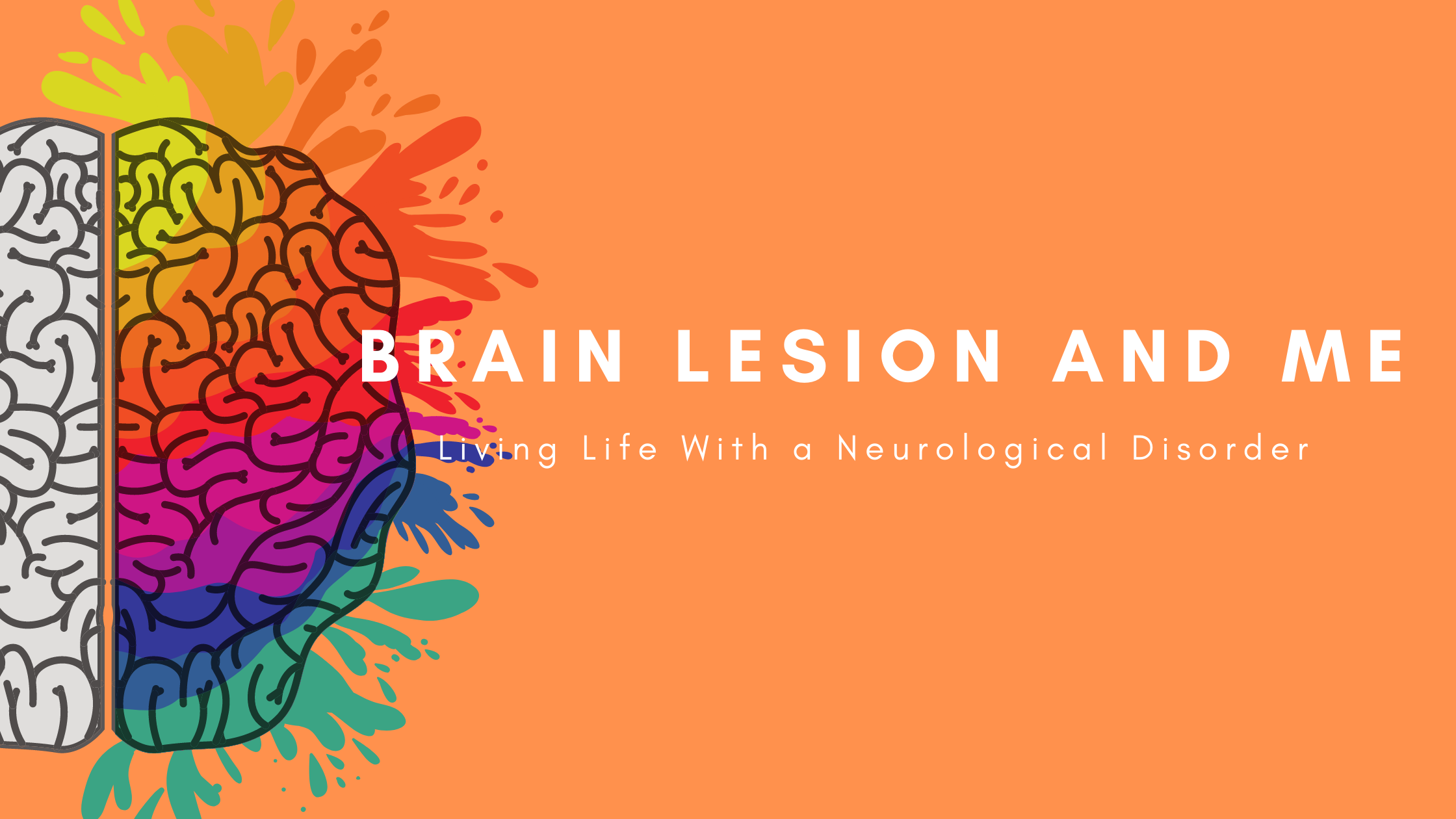
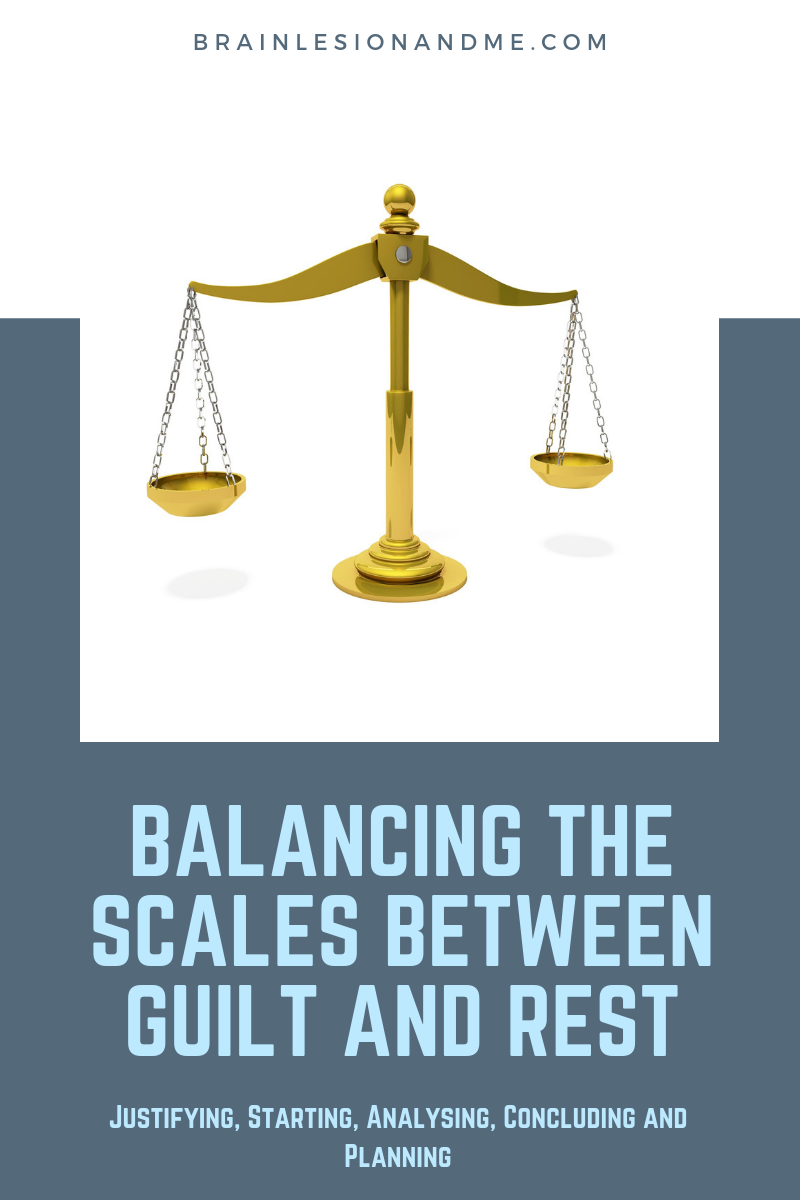
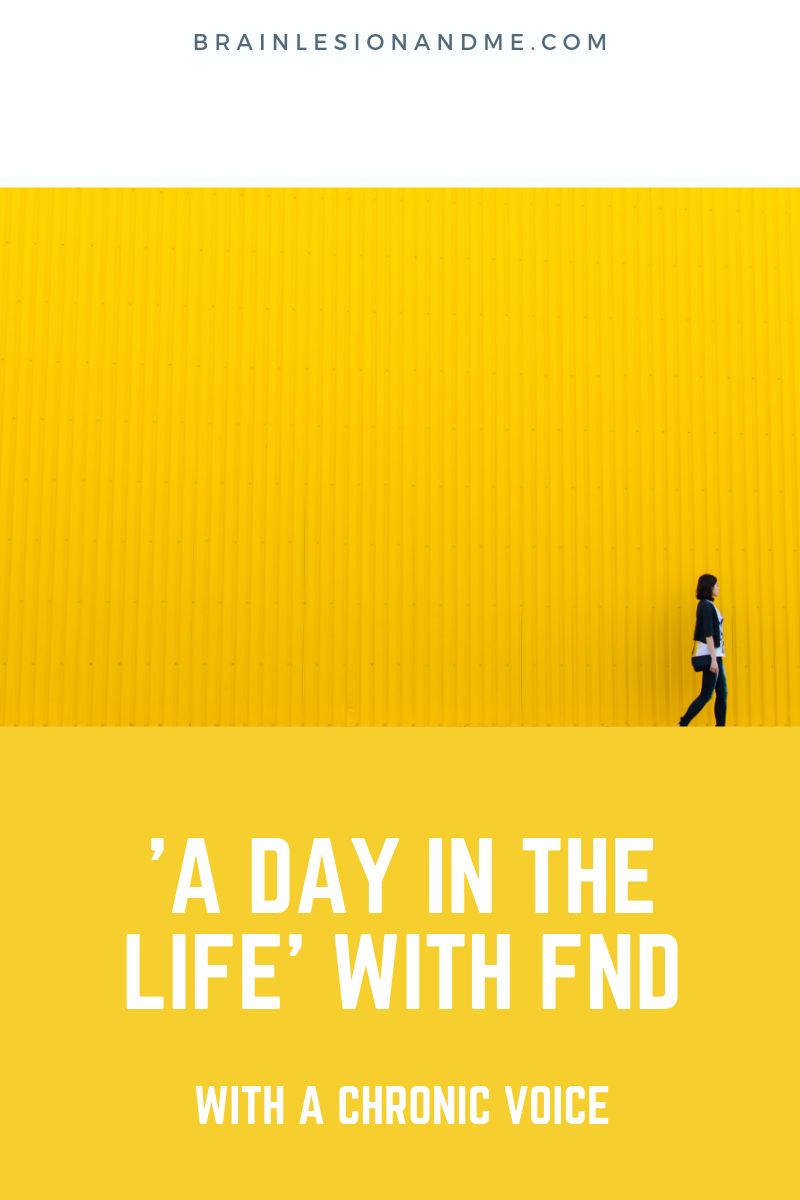
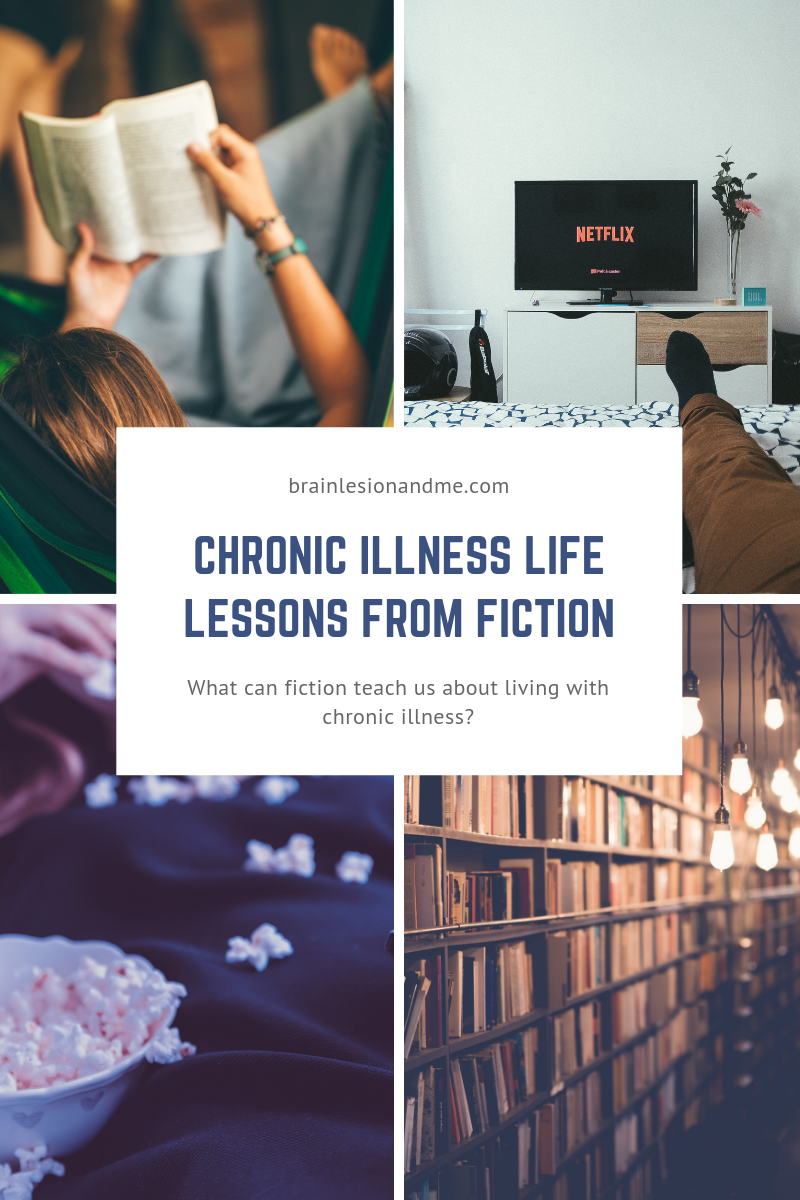
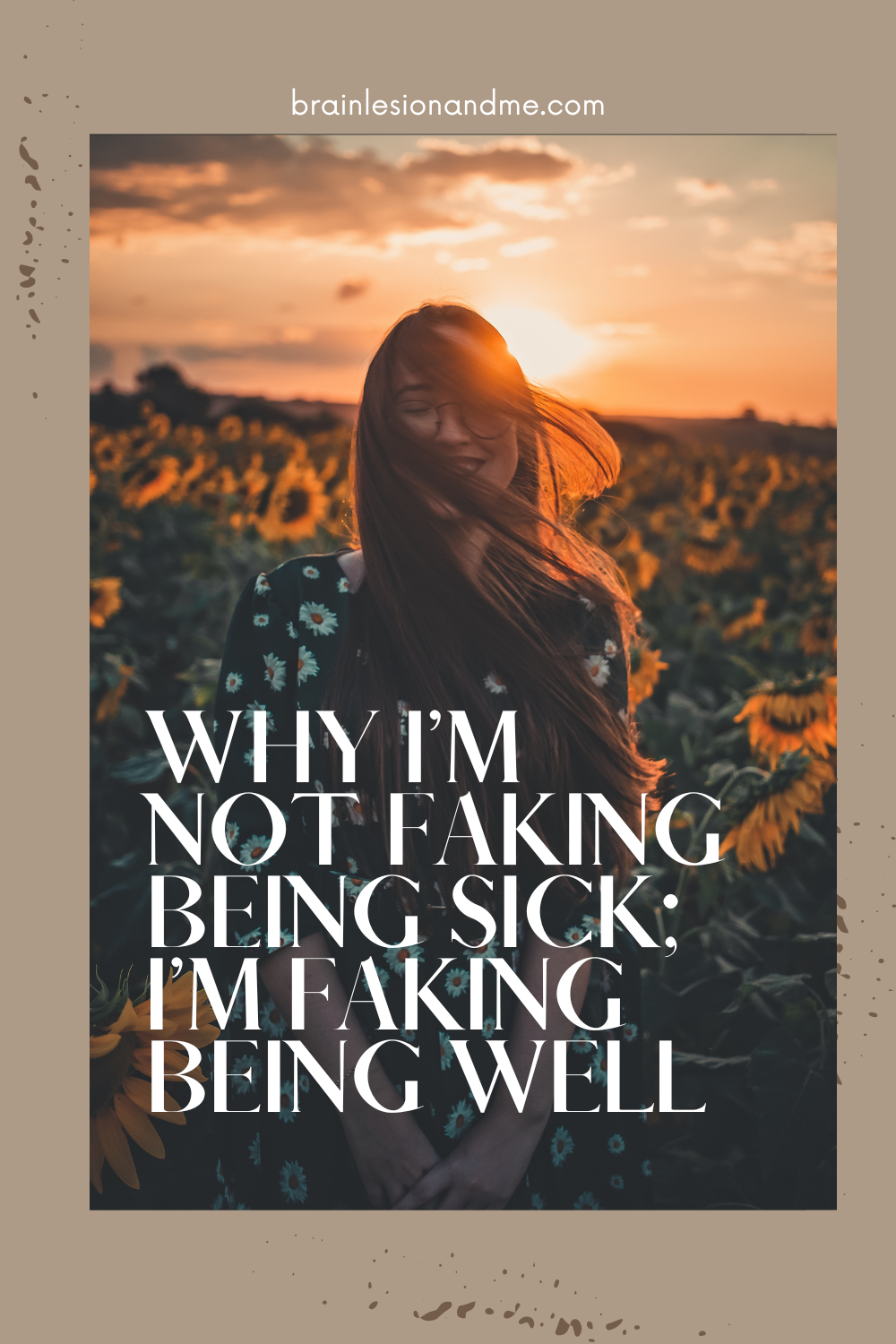

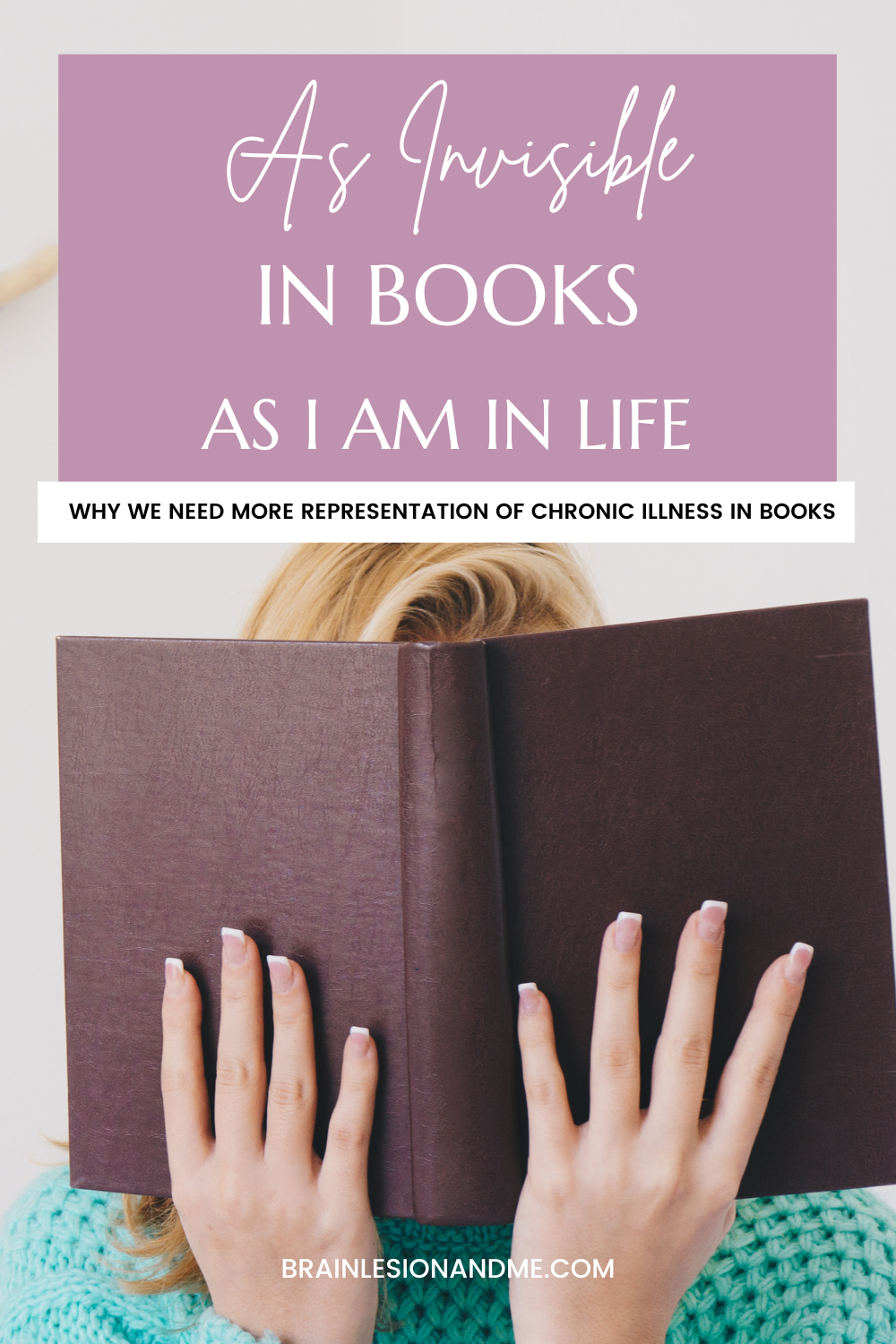
Anne
I can totally relate to all you have put in this post. I feel so guilty when I don’t rush around doing as much as I can, I feel guilty when I ask others to do things for me because I’m getting tired. But if I don’t allow people to help me or slow down when I need to, then the damage can be brutal. I don’t think a lot of people who don’t live with chronic illness actually get this.
Rhiann Johns
Thank you!
Caz / InvisiblyMe
Brilliant exploration of the prompts. I think a lot of us will be able to relate and understand the whole guilt factor with chronic illness. I seem to feel guilty about everything these days, from smiling (shouldn’t smile if you’re ill!), to not doing enough (it’s never enough), to taking time out to rest. You’re right, we need to let go of the guilt, prioritise our health and need for rest, plan and take care of ourselves. Very nicely done xx
Rhiann Johns
Thank you so much!!
Laurie Hanscom-Harmon
I loved this post. I could relate to so much of what you said. Keep up the great work writing.
Rhiann Johns
Thank you!!
Sheryl
Thanks for joining us as always, Rhiann! Pain is indeed the harshest, most brutal of teachers that requires full attention! Sometimes I wonder if the lessons are even worth the pain. And it seems like many of us spoonies struggle tremendously with the justification for rest time…perhaps it’s a human need or desire to feel useful and thus alive. But all we can do is take it a day at a time :/
Rhiann Johns
Thank you so much Sheryl!